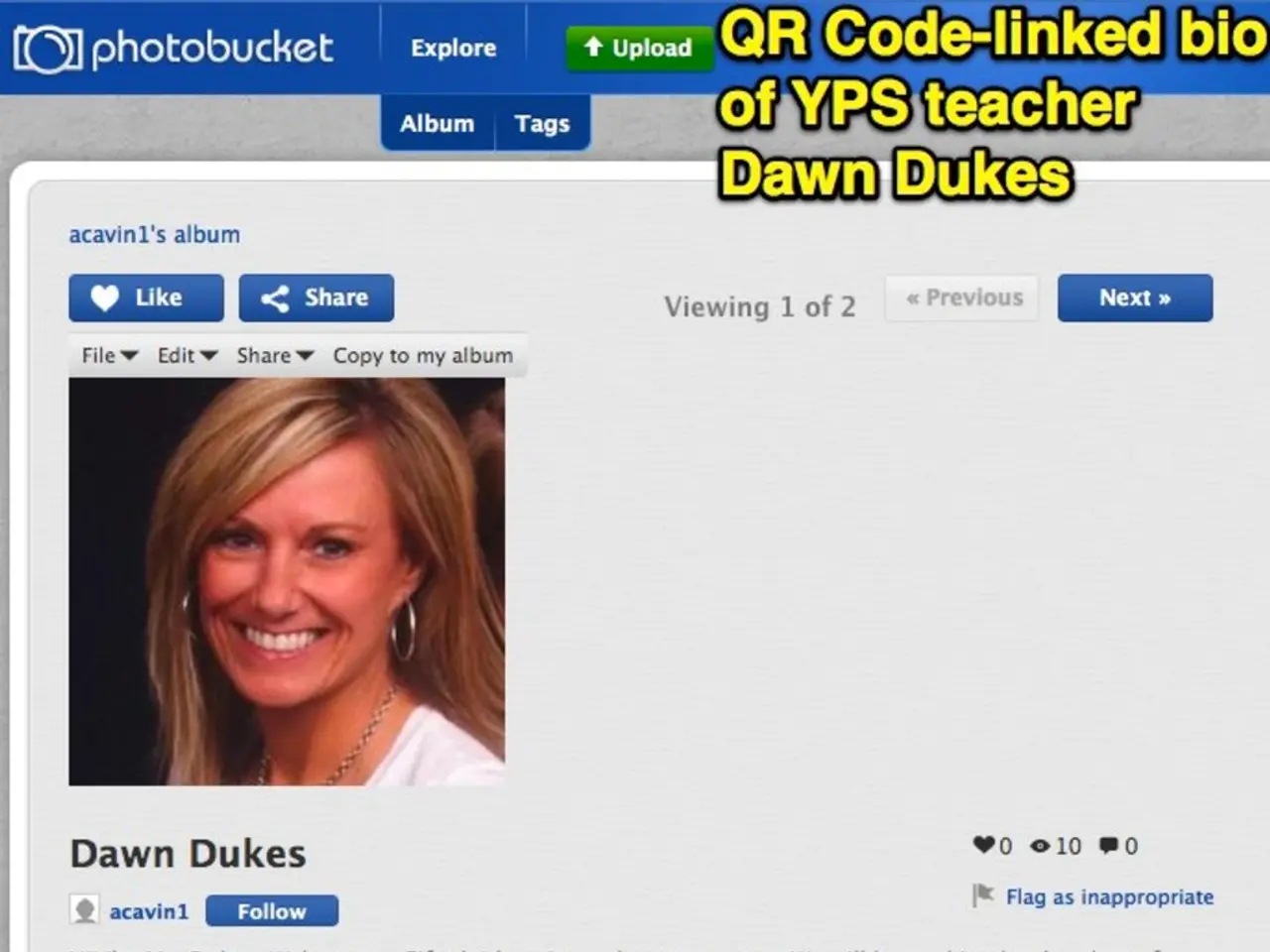The Influence of Digital Platforms on Daily Habits
In today's digital age, social media has become an integral part of our lives, influencing various aspects from purchasing decisions to personal growth. While it offers numerous opportunities, it's essential to be mindful of its potential impacts on mental health, relationships, body image, productivity, and personal development.
Social media platforms like LinkedIn, Facebook, Instagram, Twitter, and YouTube provide avenues for professional networking, career development, education, and learning. However, excessive use can lead to several long-term negative effects.
Mental Health Challenges
Prolonged social media use is associated with increased risks of anxiety, depression, obsessive-compulsive disorder, ADHD, and stress. Frequent exposure to curated, idealized content fosters feelings of inadequacy and low self-esteem, amplifying anxiety and depressive symptoms over time.
Body Image Concerns
Social media platforms promote unrealistic beauty standards through filtered and edited images, leading to body dissatisfaction, appearance comparison, and body surveillance. This environment increases the risk of eating disorders and disordered eating behaviors.
Relationship Strains
Excessive social media use can negatively affect real-life relationships by fostering comparison, envy, and miscommunication. It may contribute to social withdrawal, cyberbullying, and reduced quality of face-to-face interactions, potentially causing long-lasting damage to interpersonal trust and social skills.
Productivity Loss
Habitual checking and scrolling on social media significantly reduce productivity due to frequent distractions, procrastination, missed deadlines, and impaired concentration in both academic and professional contexts.
Personal Development Obstacles
The pervasive influence of social media's highlight reels leads to a distorted sense of reality and personal inadequacy. Youth and young adults, who are still forming self-identity, are especially vulnerable to lowered self-esteem and motivation caused by comparison culture, FOMO (fear of missing out), and influencer-driven unrealistic lifestyles.
However, it's not all doom and gloom. Social media can also provide a platform for connecting with friends and family, accessing information and news, and discovering new ideas and opportunities. It can even enhance our lives in many ways, but comes with its own set of challenges.
Mindful Consumption
To mitigate the potential negative impact of social media on personal development, it's crucial to be discerning about the content we consume. Ensuring it is accurate, reliable, and contributes positively to personal growth is key.
Finding Balance
Finding a balance with social media involves being aware of its potential impact on various aspects of our lives while harnessing its benefits in a mindful way. This might mean setting boundaries for screen time, cultivating a positive and supportive online community, and curating a feed that aligns with personal goals and values.
Embracing Awareness
By being intentional about how we use social media, we can mitigate its potential negative effects while maximising its potential for connection, learning, and personal growth. It's all about navigating this digital landscape with awareness and digital literacy.
In the realm of personal development, social media can foster self-growth through networking, learning, and accessing new opportunities; however, prolonged usage can lead to mental health challenges like anxiety, depression, and lowered self-esteem. Social media platforms promote unrealistic body images, contributing to body dissatisfaction and increased risk of eating disorders. In terms of relationships, extensive use can foster comparison, envy, and miscommunication, potentially damaging interpersonal trust and social skills. Social media significantly reduces productivity by causing distractions, procrastination, and missed deadlines. For young adults forming self-identity, social media can lead to lowered self-esteem and motivation due to comparison culture, FOMO (fear of missing out), and influencer-driven lifestyles. Yet, with discernment and balance, social media can be a valuable tool for connection, learning, and personal growth, provided one pays attention to the content consumed, sets boundaries on screen time, and cultivates a positive and supportive online community. Embracing awareness and digital literacy is crucial in navigating this digital landscape effectively.




